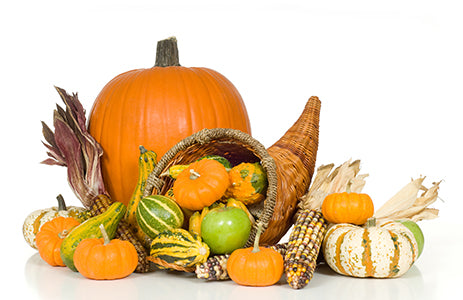As the holidays quickly approach, you will soon find yourself in a room with your brother, sister, parents or others whom you may not have seen in a while. Are you beginning to think about the encounters you may have?
Is there someone who just gets under your skin? You may or may not know exactly what it is about them, but you just don’t want to be around them. Or, are you just reluctant to be in a room with people?
The phrase “No man is an island” truly does have some merit to your life.
Whether you are currently living in a household with someone or actually living alone, you may find yourself feeling lonely. As the holidays approach and you may be placed in situations where you must interact with others, the uncertainty of this may actually affect your health:
Some known health problems associated with loneliness include:
- loneliness is tied to hardening of the arteries (which leads to high blood pressure), inflammation in the body, and even problems with learning and memory.
- Those who are socially isolated suffer from higher all-cause mortality, and higher rates of cancer, infection and heart disease.
- Loneliness can destroy the quality of sleep, so that a person's sleep is less restorative, both physically and psychologically. Socially isolated people wake up more at night and spend less time in bed actually sleeping.
- Loneliness increases the risk for early death by 45 percent and the chance of developing dementia in later life by 64 percent.
- Loneliness is associated with accelerated cognitive decline in older adults.
- Depression
- Anxiety
- Sleeplessness
- High Blood Pressure
- Risk of Heart attack
- Risk of Stroke
- Skin problems like increased acne or eczema
- Headaches or Migraines
- Insomnia
- Digestion problems or abdominal pain
“A cheerful look brings joy to the heart; good news makes for good health.”
Proverbs 15:30






